About 10 million women suffer from PCOD (polycystic ovary disease). The condition occurs when women’s hormones are out of balance. Women with PCOD produce high levels of androgens which is a male sex hormone. However, many women who suffer from this condition are still not aware of it. So, here are 10 symptoms that women with PCOD often face.
1. Irregular periods
This happens due to lack of ovulation that prevents the uterine lining from shedding every month.

2. Hair growth
Women with this condition tend to have excess hair growth, also known as hirsutism on their face, back, chest and belly.
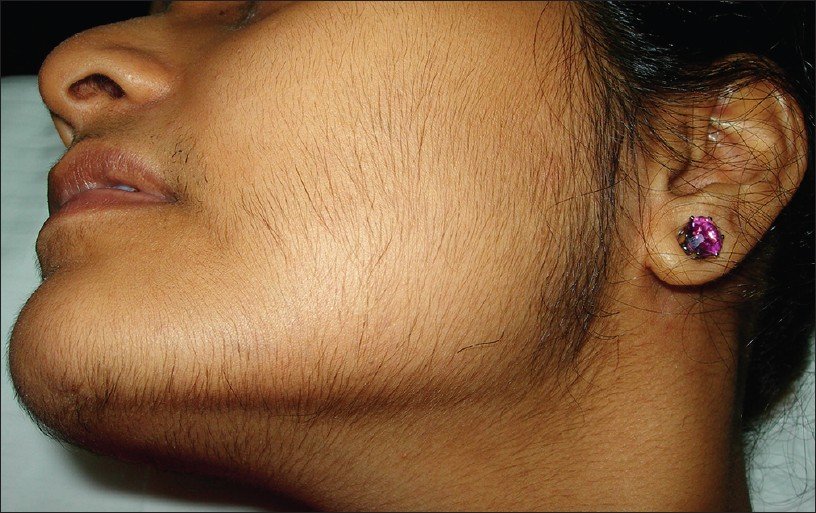
3. Weight gain
Women with PCOD are likely to experience weight gain or are obese but this doesn’t mean that PCOD can’t happen to women who are thin.
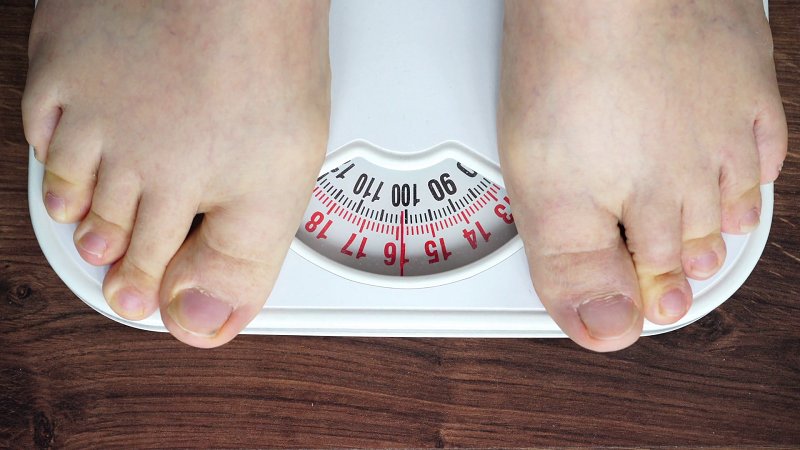
4. Darkening of skin
Dark patches can appear in body creases like those under the breasts or on the neck.
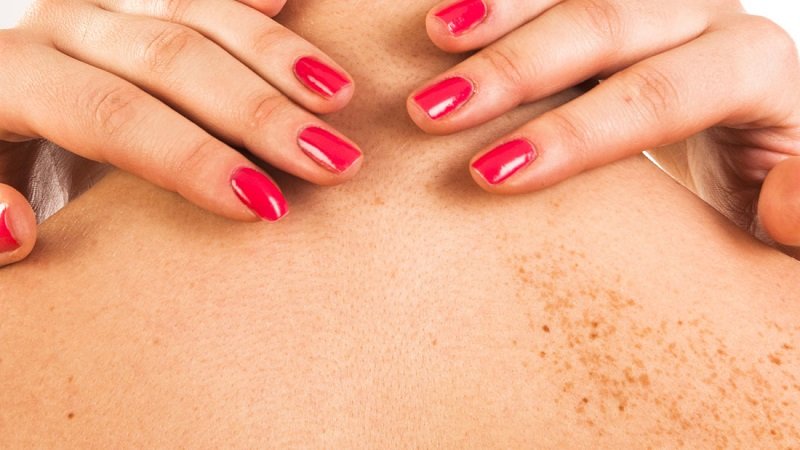
5. Headaches
Women with PCOD often experience headaches due to hormonal changes.
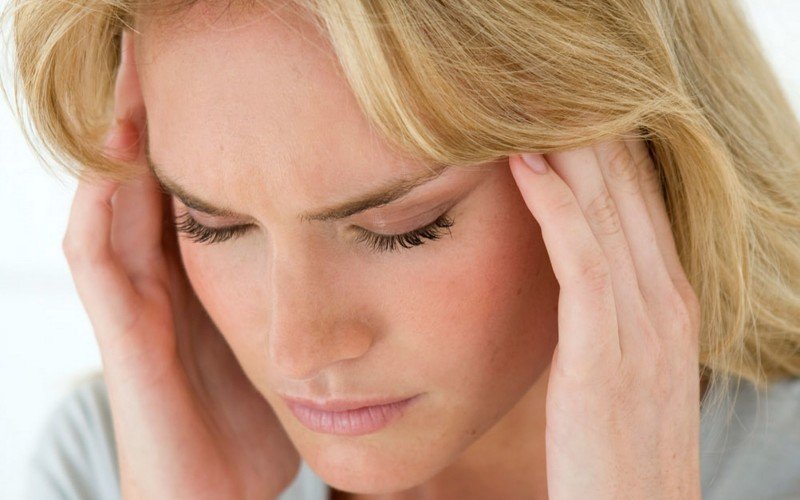
6. Sleep apnea
Women often feel low on energy or feel tired because PCOD can trigger sleep apnea, a condition marked by brief pauses in breathing. This in turn can cause insomnia and mood swings due to lack of sleep.
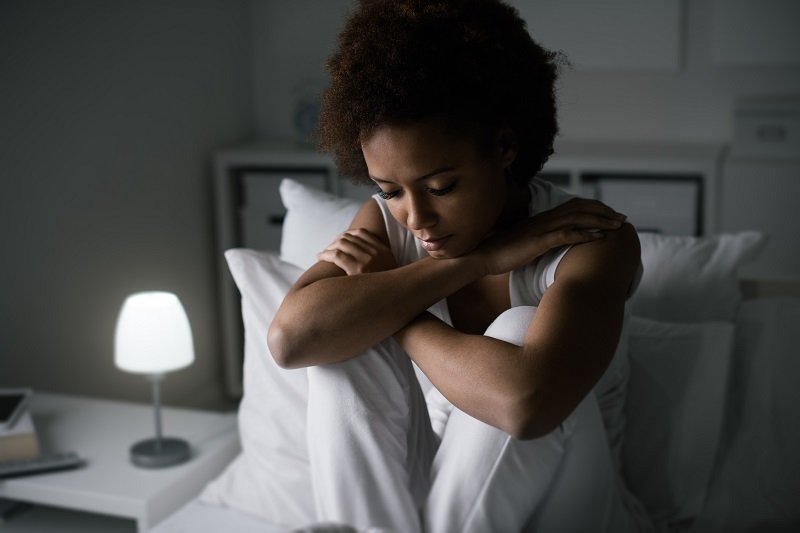
7. Anxiety and depression
Women often experience mood-related disorders like anxiety, depression and even eating disorders that happen due to distress from PCOD related body changes.

8. Infertility
In order to become pregnant, women have to ovulate but women who don’t ovulate regularly don’t release as many eggs to be fertilized which leads to infertility.
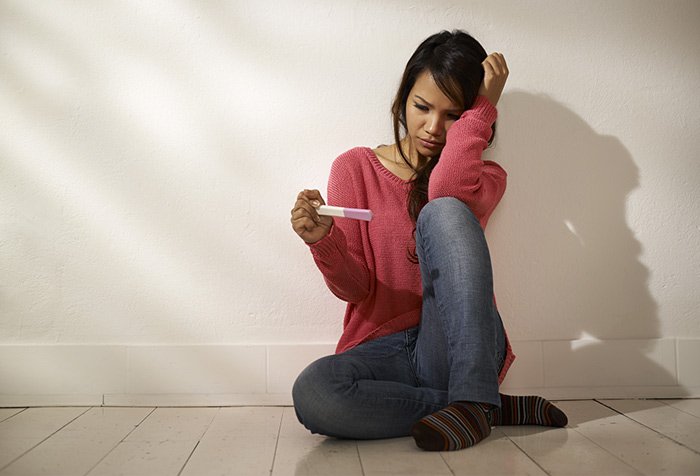
9. Acne
Women with PCOD tend to experience acne breakouts due to hormonal changes in the body. PCOD can also give rise to oily skin and dandruff.
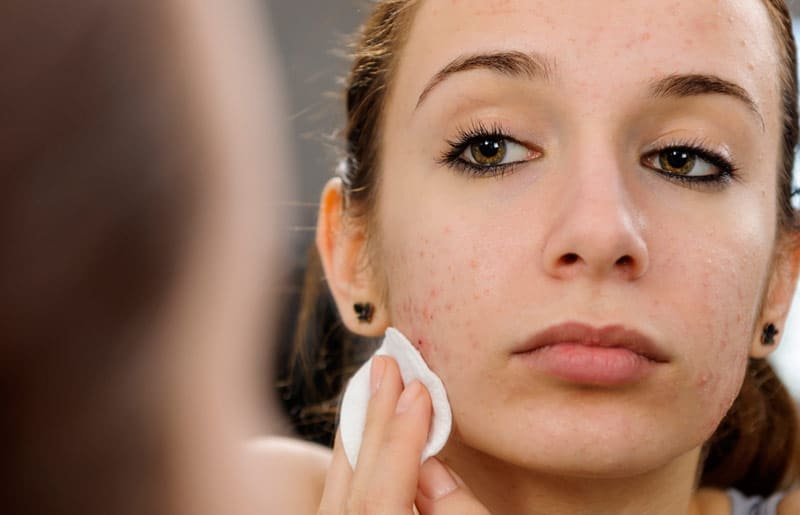
10. Hair loss
Due to excess androgens, a male sex hormone, many women also suffer from ‘male pattern’ hair loss which is thinning of hair on the top of the head. Middle-aged women often face this problem.
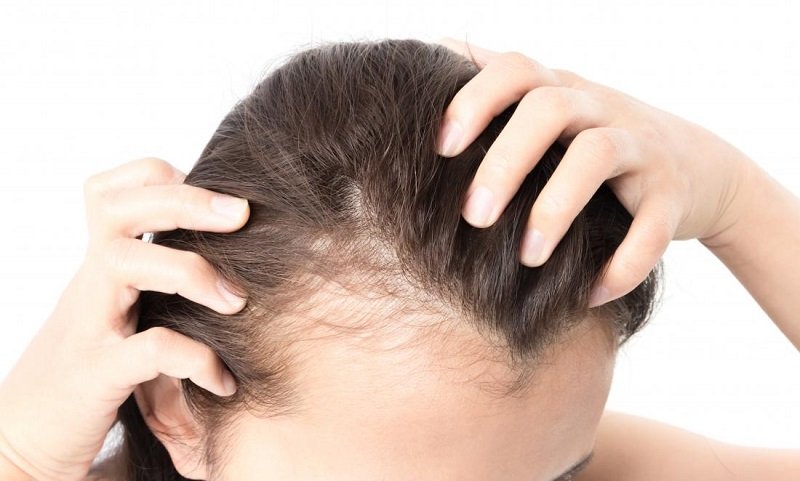
Please consult your doctor if you feel you have symptoms of PCOD.

















